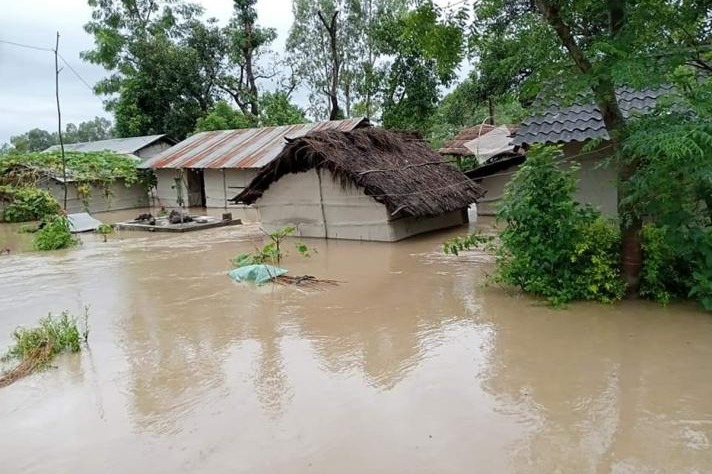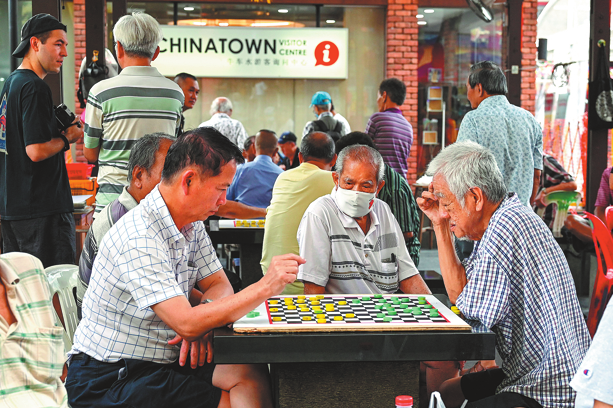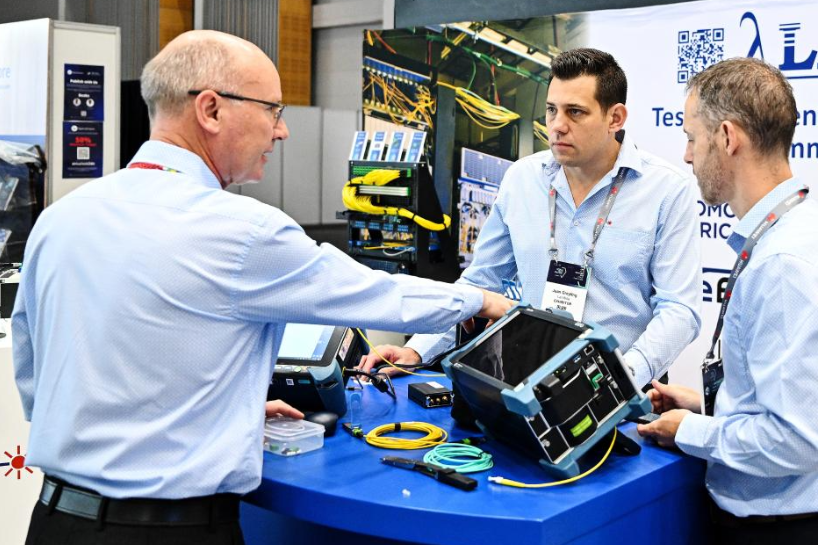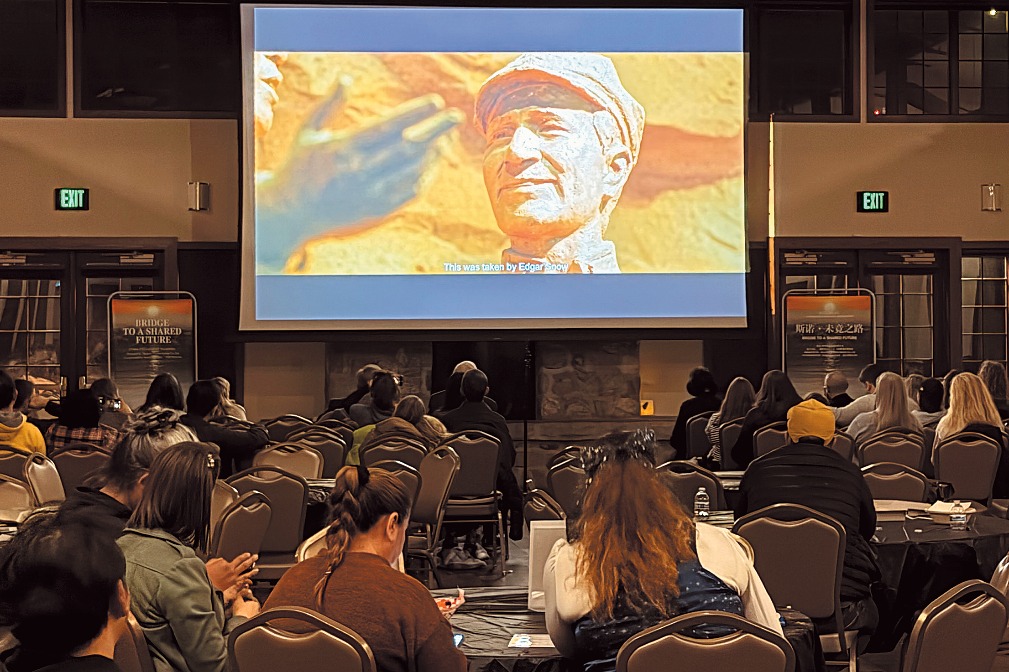Multilateral solutions pushed to end crises

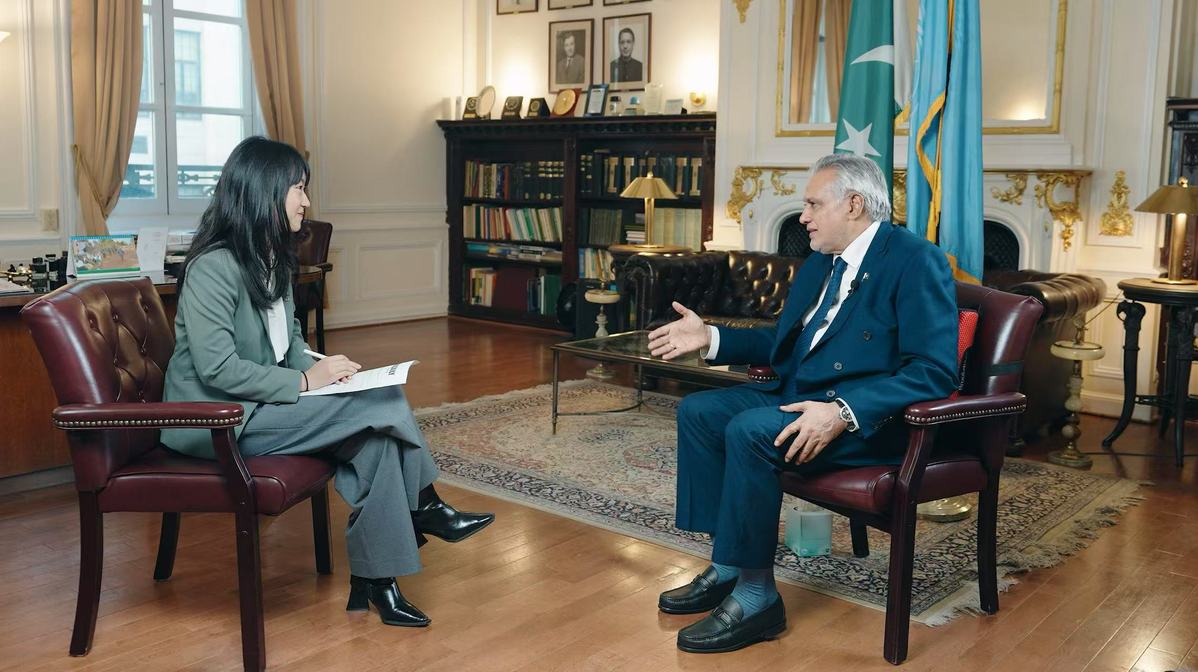
Strengthening China-Pakistan ties
On the bilateral front, Dar said, China and Pakistan share a relationship that is "unmatched in warmth and strategic depth."
"We are iron brothers. We are all-weather friends. We have taken our economic, political and security relationships to a new, higher level," he said.
On July 15, Dar met with Chinese Foreign Minister Wang Yi in Tianjin on the sidelines of the Meeting of the Council of the Ministers of Foreign Affairs of SCO Member States, during which the member states agreed to hold the SCO Summit in Tianjin from Aug 31 to Sept 1.
"We had an excellent meeting," Dar said. "On the lighter side, Foreign Minister Wang Yi told me that this year, he has met me more than any other foreign minister, which is true. We met on May 20, then again on May 30, then again just last week in Tianjin. And we're going to meet again in August."
"China will be hosting the summit happily, as always. These summits help the region economically and multilaterally," Dar said. "Such activities not only bring member states together but help find better ways forward for economic and trade cooperation," he said.
Expanding regional connectivity
Dar also emphasized Pakistan's vision for regional connectivity, particularly through infrastructure and energy corridors that can benefit multiple countries.
A cornerstone of China-Pakistan cooperation is the China-Pakistan Economic Corridor, launched in 2013 as a flagship project of the China-proposed Belt and Road Initiative.
The corridor links Gwadar Port in Pakistan with Kashgar in Northwest China's Xinjiang Uygur autonomous region. Its first phase prioritized energy, transport and industrial development. In its ongoing second phase, the scope has broadened to include agriculture, livelihood improvement and other areas of socioeconomic development.
He said Pakistan has proposed extending the corridor to Afghanistan, a move that could provide the landlocked country greater access to regional trade and investment.
"We've had bilateral meetings, and trilateral ones with Afghanistan. The closeness of our relationship is in the larger interest of both countries," he said.
In a recent diplomatic push, Wang chaired an informal trilateral meeting of foreign ministers of China, Afghanistan and Pakistan in Beijing on May 21.
The three sides spoke positively of the outcomes of the China-Afghanistan-Pakistan Foreign Ministers' Dialogue and held what officials described as a friendly and in-depth exchange on expanding trilateral cooperation and deepening the existing mechanism.
Looking ahead
As Pakistan wraps up its presidency of the Security Council, Dar said the month has reinforced his belief in multilateralism and cooperation over confrontation.
On July 22, Pakistan hosted a high-level debate on "promoting international peace and security through multilateralism and peaceful settlement of disputes", chaired by Dar.
During the meeting, the Security Council unanimously adopted a resolution on strengthening mechanisms for the peaceful settlement of disputes, which Dar called "a very memorable document" and "rare" for gaining consensus among all 15 members.
"If we act upon it according to the spirit in which it was passed, I assure you, world problems can begin to see the light of a solution," he said.
Dar emphasized that countries of the Global South, including Pakistan, have an important role to play in international institutions and advancing peaceful solutions.
Guterres, who also spoke at the debate, urged Security Council members to overcome political divisions. He called for stronger partnerships between the Security Council and regional organizations, and reminded all UN member states to uphold their obligations under the UN Charter, international human rights law and international humanitarian law.
minluzhang@chinadailyusa.com
















